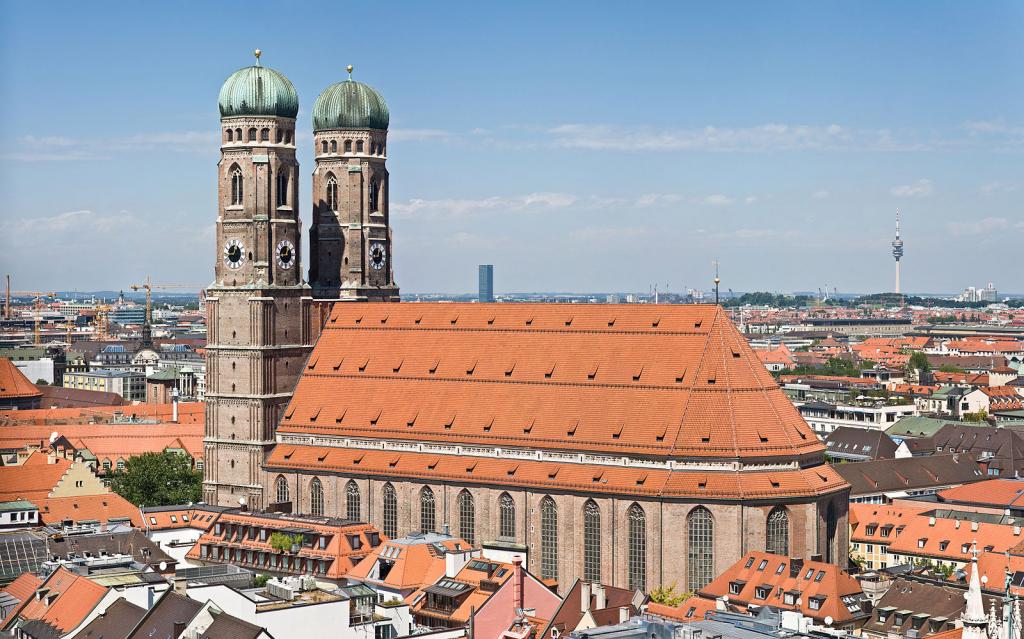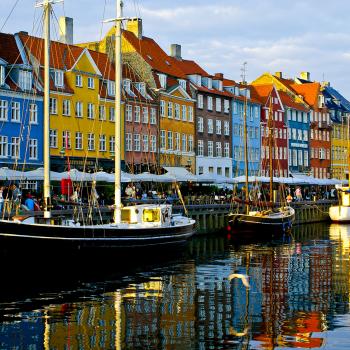
If you, like me, have been meaning to check in on how Germany’s doing with its newly-arrived immigrants, and if you, like me, have some New York Times pageviews left, you’re in luck, because there’s a new article at the NYT about the topic, or, rather, about the anti-immigrant sentiment in the former East Germany: “One Legacy of Merkel? Angry East German Men Fueling the Far Right.”
The headline is misleading, because the article is about a much more narrow issue: the dramatic sex imbalance in the former DDR over the past several decades, as women have left for the West, to seek their fortune either financially or maritally. As a result:
After the wall came down, the East lost more than 10 percent of its population. Two-thirds of those who left and did not come back were young women. . . .
There are on average nine women for every 10 men between the ages of 20 to 40 in the former East, statistics from 2015 show. But that average disguises a surplus of women in big cities — and a much starker shortage in smaller towns and rural areas.
Chemnitz, the site of far-right riots in late August, has eight women for every 10 men ages 20 to 40. In Weisskeissel, a village near the Polish border, the ratio is three women to five men. In Glaubitz, it is almost one woman to four men.
And this is not as simple as “toxically-masculine men are unwilling to seek their fortune by moving away from their hometown.” As the article reports, the trauma of the loss of jobs after the Wende impacted a by-now older generation; now unemployment is low — though to what extent that’s because of a thriving economy and to what extent because of general population losses, isn’t spelled out except with these statistics of population loss.
Should men, too, leave East(ern) Germany behind? Would they have better marital prospects elsewhere? One presumes that West(ern) German women, however much the competition the newcomers pose for their marriage and relationship prospects, are not keen on seeking out those left-behind men.
And what of the Middle Eastern migrants? The article cites Petra Köpping, minister for integration in Saxony:
As of 2015, she added, they also feel threatened by young male migrants, who do not necessarily live anywhere near them, but whose difficult journey proves they are everything eastern men are not — dynamic, determined and driven — “otherwise they would not have made it here in the first place.”
The article vacillates between sympathy towards these left-behind men and a harsh judgment that they are themselves to blame for not getting their act together. And the comments are the same mix of sympathy for their plight and a rather harsh identification of these men with American “incels” and coal-country workers who are unwilling to pull themselves up by their bootstraps (not seeming to read that they don’t face the same issue of unemployment as in Appalachia), and a belief that, as white men, they’re getting what they had coming to them.
But it’s a callous attitude to say that these men — and men in similar situations in other countries and regions with sex imbalances, or where polygamy leaves them behind — most simply accept their fate. The reality is that such situations are bad not just because they create unhappiness for the individual men but because they create social instability in their communities, and that’s a much bigger-picture problem.
Image from Wikipedia:
“PEGIDA DRESDEN DEMO 12 Jan 2015 115723941” by Kalispera Dell – http://www.panoramio.com/photo/115723941. Licensed under CC BY 3.0 via Commons – https://commons.wikimedia.org/wiki/File:PEGIDA_DRESDEN_DEMO_12_Jan_2015_115723941.jpg#/media/File:PEGIDA_DRESDEN_DEMO_12_Jan_2015_115723941.jpg












